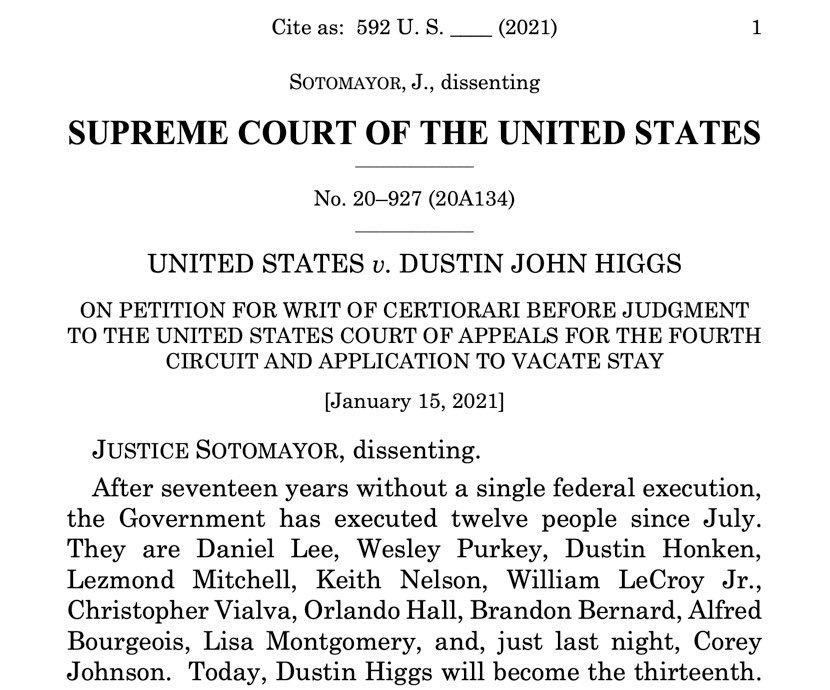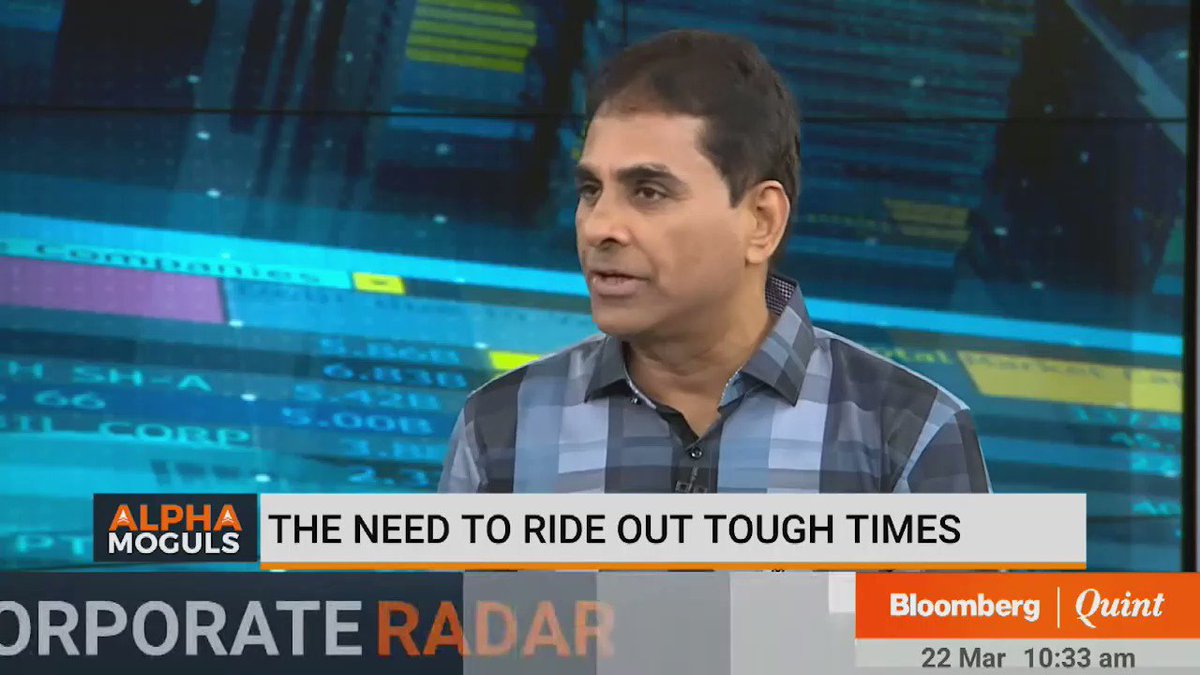Justice Sotomayor opens her dissent in U.S. v. Dustin Higgs by saying the names of every person executed by the federal government over the past year.

More from Government
WOW, Mike Gapes and Joan Ryan are non-Labour JLM conference attendees discussing disciplinary processes with Keir Starmer and Angela Rayner but not a privilege afforded to the people who pay the wages of the party machine. #LabourLeaks #StarmerOut #LFI https://t.co/XZDKR5FmXC

So what should Peter Mandelson talk about at the recent Jewish Labour Movement conference – his worries that an independent process will hamper the party leader Keir Starmer?. #LabourLeaks #StarmerOut #LFI

Mandelson “was there in the 1980s and understands where the power bases of the right are, and how it should be exercised”. Who needs independent processes or oversight when you are in the driving seat?. #LabourLeaks #StarmerOut #LFI
Poale Zion trades as Jewish Labour Movement is a part of the Zionist Federation of the UK and organise within the World Zionist Organisation. You do NOT have to be Jewish or a member of the Labour Party to join. JLM contains CIA asset Ruth Smeeth. #LabourLeaks #StarmerOut #BICOM

Ruth Smeeth, one of the 60 plus anti-Corbyn resignations from the shadow cabinet, formerly held a post with the lobby group, Trevor Chinn's Britain Israel Communications and Research Centre (BICOM). #StarmerOut #BICOM #JLM https://t.co/H2a9vnsnRP


So what should Peter Mandelson talk about at the recent Jewish Labour Movement conference – his worries that an independent process will hamper the party leader Keir Starmer?. #LabourLeaks #StarmerOut #LFI

Mandelson “was there in the 1980s and understands where the power bases of the right are, and how it should be exercised”. Who needs independent processes or oversight when you are in the driving seat?. #LabourLeaks #StarmerOut #LFI
Poale Zion trades as Jewish Labour Movement is a part of the Zionist Federation of the UK and organise within the World Zionist Organisation. You do NOT have to be Jewish or a member of the Labour Party to join. JLM contains CIA asset Ruth Smeeth. #LabourLeaks #StarmerOut #BICOM

Ruth Smeeth, one of the 60 plus anti-Corbyn resignations from the shadow cabinet, formerly held a post with the lobby group, Trevor Chinn's Britain Israel Communications and Research Centre (BICOM). #StarmerOut #BICOM #JLM https://t.co/H2a9vnsnRP

This article by Jim Spellar for @LabourList misses the point about why Labour needs to think seriously about constitutional reform - and have a programme for it ready for government.
The state of our constitution is a bit like the state of the neglected electric wiring in an old house. If you are moving into the house, sorting it out is a bit tedious. Couldn’t you spend the time and money on a new sound system?
But if you ignore the wiring, you’ll find that you can’t safely install the new sound system. And your house may well catch fire.
Any programme for social democratic government requires a state with capacity, and a state that has clear mechanisms of accountability, for all the big and all the small decisions that in takes, in which people have confidence.
That is not a description of the modern UK state.
"Voters don\u2019t care about how the D\u2019Hondt system works or about how you\u2019d geographically carve up a regional assembly... They want results.\u2070"@spellar on why Labour should stop obsessing over constitutional issues: https://t.co/W0zsire5xI
— LabourList (@LabourList) February 11, 2021
The state of our constitution is a bit like the state of the neglected electric wiring in an old house. If you are moving into the house, sorting it out is a bit tedious. Couldn’t you spend the time and money on a new sound system?
But if you ignore the wiring, you’ll find that you can’t safely install the new sound system. And your house may well catch fire.
Any programme for social democratic government requires a state with capacity, and a state that has clear mechanisms of accountability, for all the big and all the small decisions that in takes, in which people have confidence.
That is not a description of the modern UK state.

























